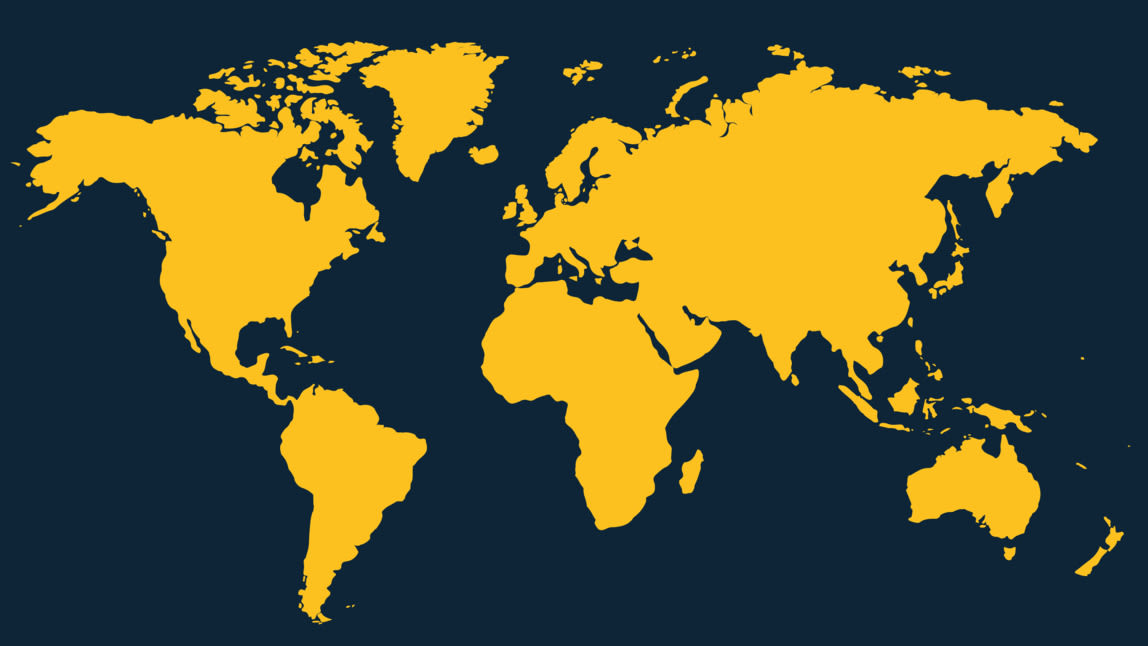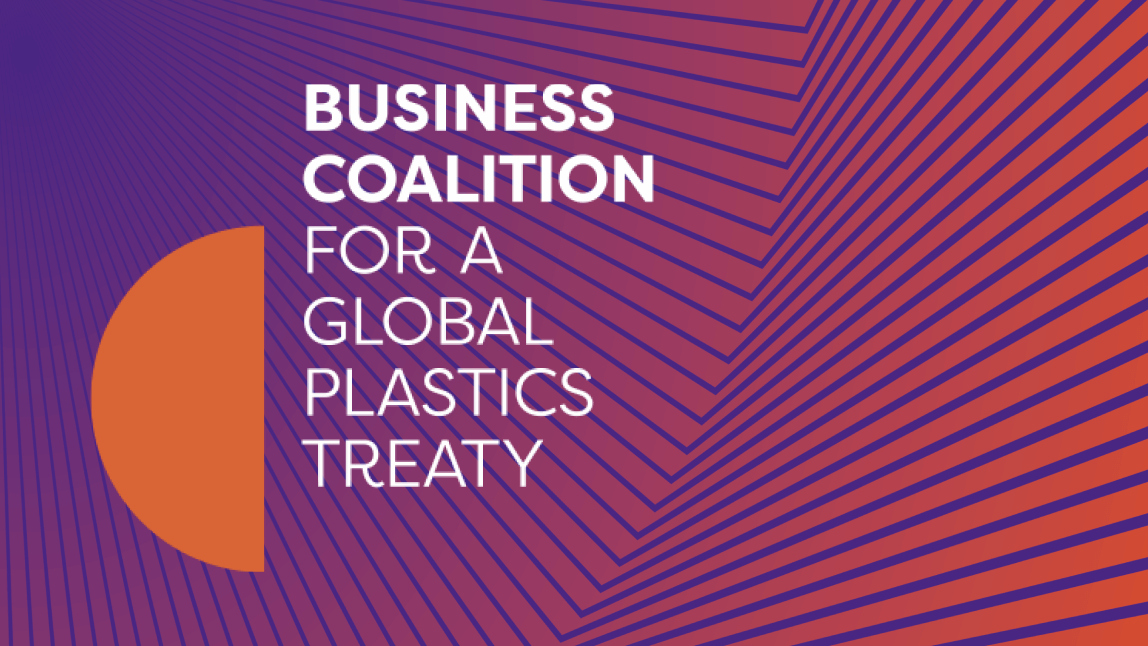Publications
Plastics Pacts: Scaling Impact - Briefing for Policymakers
The Ellen MacArthur Foundation, in partnership with WRAP, is developing a report that will share the impact and learnings from the past six years of the Plastics Pact Network. Coinciding with INC-4, a Briefing for Policymaker is now available.
Click here to read the Executive Summary, and sign-up to receive the full report when it is published.
Making the Global Plastics Treaty work for Micro-, Small-, and Medium-sized Enterprises.
A legally binding UN treaty with global rules is needed to end plastic pollution. By design, it must transform the plastics industry and drive change across the plastic packaging value chain, from major multinationals to Micro-, Small-, and Medium-sized Enterprises (MSMEs).
Yet, the specific implications of ambitious global rules in the plastics treaty are, to date, less understood for MSMEs.
That is why The Ellen MacArthur Foundation, in partnership with WWF, commissioned a study that assesses the impact of an ambitious, effective and legally binding global plastics treaty on MSMEs across the plastic packaging value chain.
The study shows that policymakers can be confident that there is broad support among MSMEs for an ambitious and legally binding plastics treaty.
From single-use to reuse: A priority for the UN treaty
This briefing highlights why the Foundation is advocating for reusereuseThe repeated use of a product or component for its intended purpose without significant modification. to be prioritised in a UN Plastics treaty, and shares considerations for policy measures to overcome current barriers to scaling reuse.
2021 White Paper
This White Paper, published in August 2021 set out its perspective on a UN treaty to address plastic pollution and support the transition to a circular economycircular economyA systems solution framework that tackles global challenges like climate change, biodiversity loss, waste, and pollution. It is based on three principles, driven by design: eliminate waste and pollution, circulate products and materials (at their highest value), and regenerate nature. for plastics. It looks back at some of the Foundation’s key learnings as well as important resources.
The white paper includes:
key messages for policymakers,
why the political reasoning for a treaty on plastics is well supported,
and how the shape of the treaty could usefully draw on existing efforts.
Global Commitment
This publication summarises the key learnings from five years of the Global Commitment. For the full version, see here.
What is a circular economy for plastics?
The following diagram illustrates the difference between a linear economylinear economyAn economy in which finite resources are extracted to make products that are used - generally not to their full potential - and then thrown away ('take-make-waste')., a recycling economy, and a circular economy for plastics.


INC resources
Resources the Ellen MacArthur Foundation has produced to support the INC negotiations.






